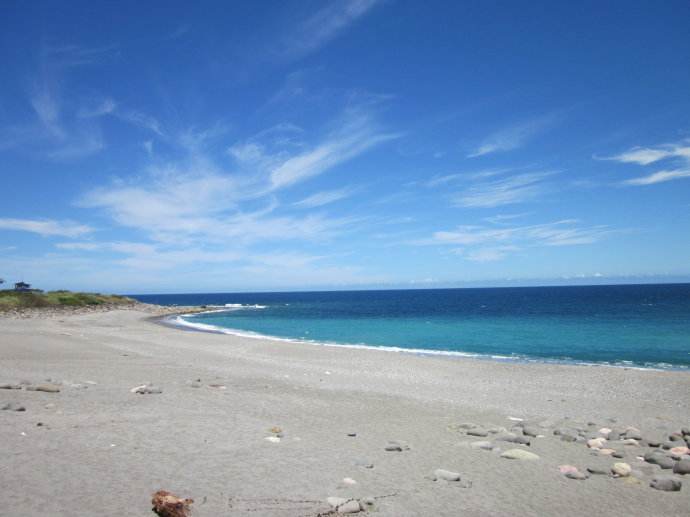(单词翻译:单击)
Millions of gallons of fresh water evaporate from the ocean daily, leaving all their salts behind, so logically the seas ought to grow more salty with the passing years, but they don't. Something takes an amount of salt out of the water equivalent to the amount being put in. For the longest time, no one could figure out what could be responsible for this.
每天有几百万加仑淡水从海洋蒸发,留下了全部盐分,因此从逻辑上说,随着岁月的流逝,海水应该越来越咸,而实际情况并非如此。有什么东西从海水里带走了一定量的盐,这一定量的盐又相当于在增加的盐量。在很长时间里,谁也想不出是什么有可能干了这件事。
Alvin's discovery of the deep-sea vents provided the answer. Geophysicists realized that the vents were acting much like the filters in a fish tank. As water is taken down into the crust, salts are stripped from it, and eventually clean water is blown out again through the chimney stacks. The process is not swift—it can take up to ten million years to clean an ocean—but it is marvelously efficient as long as you are not in a hurry.
“阿尔文”号对深海喷气孔的发现提供了答案。地球物理学家们认识到,那些喷气孔的作用,很像是鱼箱的过滤器。水流入地壳以后,被剥夺了盐分;最后,清水又从烟囱里喷出来。这个过程不是很快的——清理一个海洋大约要花1000万年,不过,要是你不着急的话正这个过程还是极其有效的。
Perhaps nothing speaks more clearly of our psychological remoteness from the ocean depths than that the main expressed goal for oceanographers during International Geophysical Year of 1957-58 was to study "the use of ocean depths for the dumping of radioactive wastes." This wasn't a secret assignment, you understand, but a proud public boast. In fact, though it wasn't much publicized, by 1957-58 the dumping of radioactive wastes had already been going on, with a certain appalling vigor, for over a decade. Since 1946, the United States had been ferrying fifty-five-gallon drums of radioactive gunk out to the Farallon Islands, some thirty miles off the California coast near San Francisco, where it simply threw them overboard.
在心理上,我们离大洋深处十分遥远。海洋学家在1957——1958国际地球物理学会期间提出的主要目标也许最清楚的说明了这一点。他们提出要研究“利用海洋深处来堆放射性垃圾”。你要知道,这不是个秘密任务,而是个引以为傲的公开主张。实际上,虽然不大公开,到1957-1958学年,在过去的10多年时间里,倾倒放射性垃圾的工你已经在以某种令人吃惊的劲头进行。自1946年以来,美国一直在把以桶桶250升的放射性垃圾运送到距加州海岸大约50公里远的法拉龙群岛,然后只是往海里一推。


